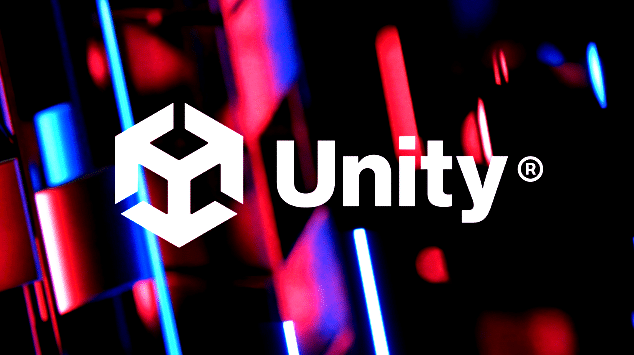With a controversial decision, the developer of the Unity Engine is causing outrage in the indie scene.
Engines are rarely the centre of attention for gamers, but for developers they are what makes game development possible. However, one of the most popular engines is now driving almost all developers away.
Unity as the preferred indie engine
Unity Engine is probably the most popular engine for small developers who want to bring their first games to market. After all, a starter version is available for free and offers developers a lot of freedom for customisation. Accordingly, many indie titles have been built on Unity.
But not only indie hits like Cuphead or Rust are based on Unity, also the universally known Genshin Impact with its global fanbse is a product of the Unity Engine.
Figures for each installation?
Recently, however, the developers of the engine announced that they will be introducing a new payment model for the use of the Unity Engine from next year: The so-called “Runtime Fee”.
When this takes effect varies according to the contract and the version of Unity that the developers use. But for the free version or the basic version “Unity Personal”, it takes effect from a turnover of 200,000 dollars a year or 200,000 installations of a game and then charges the game developers up to 20 cents per installation.
Developers go to the barricades
The sudden price increase is causing outrage among developers. Especially since many small indie publishers take advantage of the low cost of the engine for their projects, the price increase seems more than just rabid.
Another point of criticism is Unity’s unclear formulation of when an installation counts as an installation. It is not clear whether new installations or pirated copies will also be charged to the game developers or not.
Well-known developers such as Garry Newman, known for “Garry’s Mod” and “Rust”, joined the protests on X (formerly Twitter) and calculated how much additional costs they would incur due to the fee.
Unity want us to start paying them $200k a month? pic.twitter.com/xdiG2JOYrm
– garry (@garrynewman) September 12, 2023
damage limitation and further allegations after 24 hours
After only hailing criticism in the first 24 hours after the announcement, Unity has now officially responded to the reactions.
Both on X (formerly Twitter) and on their (official forums), Unity spoke of how they can understand the “confusion and frustration” of developers and now want to sort it out. However, Unity did not address the main criticisms of intransparency and installation tracking in the new statements.
We want to acknowledge the confusion and frustration we heard after we announced our new runtime fee policy. We’d like to clarify some of your top questions and concerns:
Who is impacted by this price increase: The price increase is very targeted. In fact, more than 90% of our…
– Unity (@unity) September 13, 2023
In the process, users have also noticed that Unity has retracted its previously established transparency measures – without informing the developers. For example, the terms and conditions were previously publicly visible with change dates via GitHub, but this archive was quietly deleted in June last year.
(As the Reddit post on r/gamedev) goes on to explain, another passage that would have allowed users to continue using older terms and conditions was then deleted in April this year.
Unity gambles away trust
Instead of calming the waters, Unity’s new statements have only fuelled the protest. The developer studio Mega Crit (“Slay the Spire”), known for its restraint and secrecy on public platforms, spoke up:
👋 @unity pic.twitter.com/mBCfb8li3z
– Mega Crit (@MegaCrit) September 13, 2023
Developers are calling for a complete about-face from Unity and threatening to switch to a new engine if the “runtime fee” is not completely abolished.
Whether Unity will give in in the face of the massive headwind and reverse the announced changes is not yet clear. However, many developers have announced that they will probably switch to the Unreal Engine or look elsewhere for alternatives to Unity.
How exactly the price increase will affect fans of the games is also still unclear. After all, numerous well-known and big titles such as Call of Duty: Mobile, Pokémon Go, Hearthstone, Beat Saber and many more are built on the Unity Engine.


